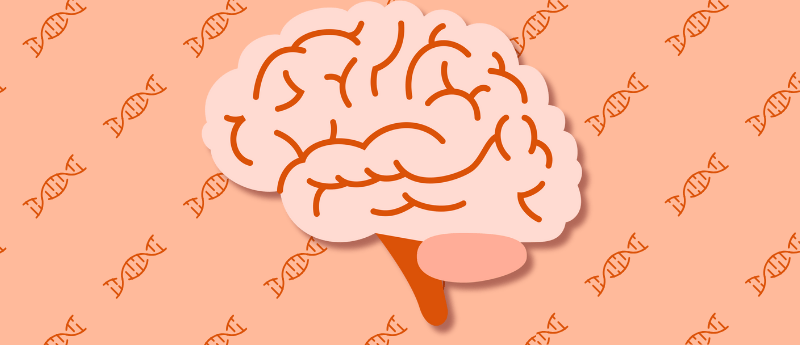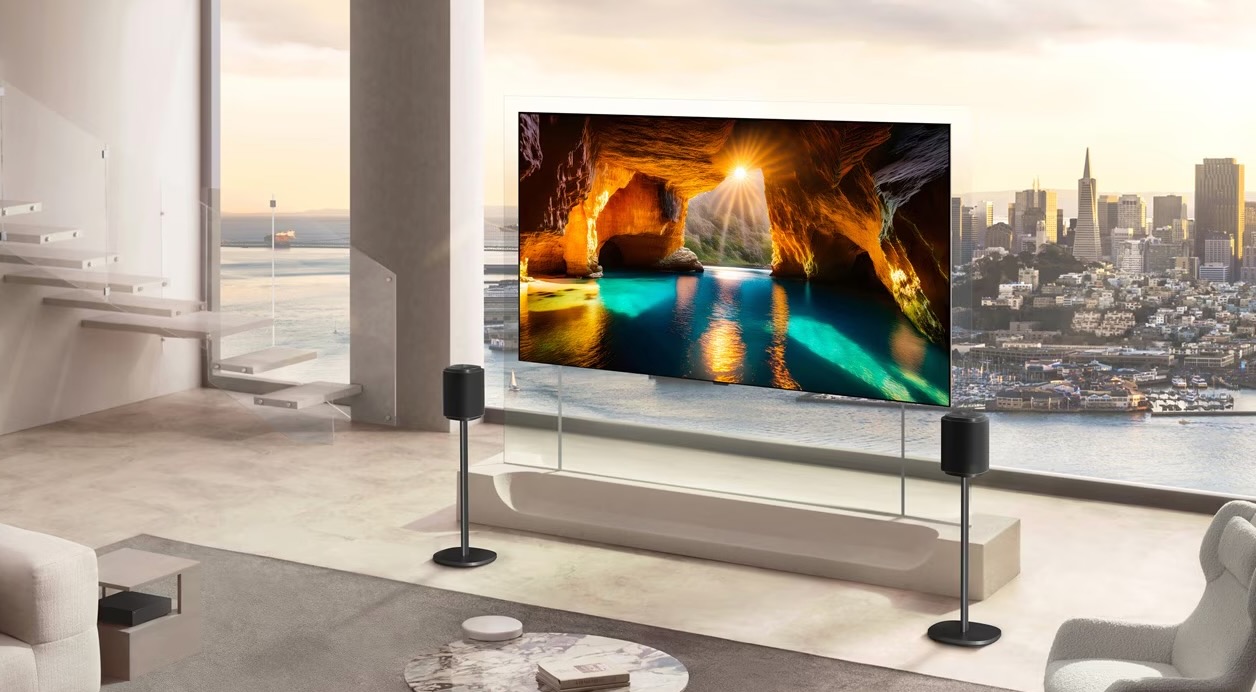
A groundbreaking study evaluating a gene therapy for Huntington’s disease has achieved remarkable results, showing a 75% reduction in disease progression over 36 months compared to an external control. The announcement from uniQure N.V. (MA, USA) marks a significant milestone in the quest to find effective treatments for this debilitating neurodegenerative disorder.
uniQure’s Phase I/II study of AMT-130, a gene therapy specifically designed for Huntington’s disease, revealed that the treatment significantly slowed disease progression in patients. This development offers new hope for those affected by the condition, which currently has no approved therapies to delay its onset or progression.
Understanding Huntington’s Disease
Huntington’s disease is a rare inherited disorder that affects approximately 75,000 people across the United States, European Union, and the United Kingdom. It is characterized by progressive physical and mental deterioration, caused by a mutation in the huntingtin gene. This mutation leads to the accumulation of abnormal protein in the brain, resulting in severe neurological decline.
Despite a clear understanding of its genetic origins, Huntington’s disease has remained without a cure or effective treatment options until now. The positive results from the AMT-130 trial could potentially change the landscape of treatment for this condition.
Details of the AMT-130 Trial
AMT-130 is currently being evaluated in two multi-center, dose-escalating Phase I/II clinical studies to assess its safety, tolerability, and efficacy. The latest report from uniQure involved 29 patients, with 17 receiving a high dose and 12 a low dose of AMT-130. Of these, 12 patients from each group completed 36 months of follow-up and were evaluated at this milestone.
The trial successfully met its primary endpoint, with patients receiving the higher dose of AMT-130 demonstrating a 75% slowing of disease progression. This was measured using a standard Huntington’s disease rating scale, showing minimal decline compared to untreated matched patients. Additionally, the study achieved a key secondary endpoint, demonstrating a 60% slowing in the decline of patients’ ability to function independently.
Improvements in Cognitive and Motor Functions
Treated patients showed significant improvements in cognitive and motor tests, including assessments of thinking speed, reading ability, and motor control. The therapy also demonstrated positive effects on a key biomarker of neurodegeneration, with patients showing a mean reduction from baseline in cerebrospinal neurofilament light protein (CSF NfL) of -8.2%.
“We are incredibly excited about these topline results and what they may represent for individuals and families affected by Huntington’s disease,” expressed Walid Abi-Saab, chief medical officer of uniQure.
The treatment was generally well-tolerated at both dose levels, with no new serious drug-related adverse events reported since December 2022. These findings highlight the potential of AMT-130 as a treatment option for Huntington’s disease.
Regulatory Path and Future Implications
AMT-130 has been granted Breakthrough Therapy designation and Regenerative Medicine Advanced Therapy designation by the US Food and Drug Administration (FDA), underscoring its potential to address the unmet needs of Huntington’s disease patients. uniQure plans to discuss the data with the FDA later this year at a pre-Biologics License Application meeting, with the aim of submitting the application in early 2026.
The announcement comes as a beacon of hope for the Huntington’s disease community, which has long awaited advancements in treatment options. The success of AMT-130 could pave the way for future gene therapies targeting neurological disorders.
“Today’s outcome reflects the tireless commitment of so many at uniQure, and I want to extend my deep gratitude to the team, as well as to the investigators, site personnel, patients, and families who made this possible,” continued Abi-Saab.
As the medical community anticipates further developments, the positive results from the AMT-130 trial represent a significant step forward in the fight against Huntington’s disease. The potential approval of this therapy could transform the treatment landscape, offering hope to thousands of patients and their families worldwide.







